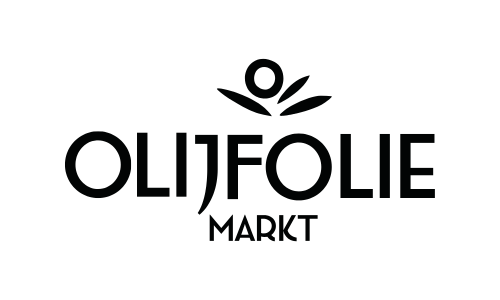
Trump's Tariffs: European Olive Oil Producers Prepare for Market Disruption
New import duties on olive oil from EU countries will lead to price increases and disruption of the trade balance, experts say.
The new tariffs on olive oil announced by President Trump are causing great concern among European producers. According to Nobel laureate and trade economist Paul Krugman, these measures are “the biggest trade shock in history”. The US government is imposing a 20% import tax on olive oil from all EU countries, including Spain, Italy, Greece and Portugal.
Experts predict that the higher tariffs will significantly increase the price of olive oil for American consumers, allowing cheaper – but less healthy – seed oils to gain ground. This could completely restructure the global olive oil market and hit European producers hard.
Countries outside the EU are also affected. Examples:
- Argentina, Algeria, Chile, Morocco, Turkey and Uruguay will have a standard rate of 10%.
- Tunisia faces 28%.
- South Africa with 31%.
- Israel with 17%.
- According to Krugman, the Trump administration based the tariffs on a “weird calculation” that assessed each country on its trade balance with the U.S.
In 2023, the US imported:
- €693 million from Spain
- €653 million from Italy
- €200 million from Tunisia
- €197 million from Turkey
- €93 million from Greece
US domestic olive oil production currently meets less than 5% of demand.
According to producer organisation Dcoop, the levies are damaging the entire chain – from farmer to end user. Spain's Andalusia region, a centre of olive oil production, is working on strategies to tap into alternative markets.
The Spanish government has now announced a €14.4 billion support package to help companies affected by the trade measures.
Italy is also worried. The country exports around 100,000 tonnes of extra virgin olive oil to the US each year, worth around €1.1 billion in sales. According to Nicola Ruggiero of the Oliveti d'Italia consortium, the tariffs will inevitably put a brake on exports.
Italy's ICE trade service warns of uncertainty, but also stresses that companies may be able to apply for individual exemptions if no domestic alternative is available in the US.
Some major bottlers are therefore exploring the possibility of packaging their products in the US to avoid the additional costs.
“President Trump is partly right,” says Walter Zanre of Filippo Berio UK. “We may have to move production to the US, which will cost jobs in Europe but create jobs in America.”
Greece also exports about 20,000 tons of extra virgin olive oil to the US each year. Producers there are calling on the government to take action. “The new tariffs will undoubtedly lead to higher prices in the supermarket,” said Dimitris Evangelinos of a cooperative in northern Greece.
According to him, the entire profit margin is coming under pressure, at a time when climate change is also making production more difficult.
In addition, Evangelinos points to previous instances where Trump announced similar measures but later withdrew them — a scenario he hopes for now as well.
The agrifood sector, which accounts for 37% of Greek exports to the US, is at stake, potentially impacting €450 million out of the €2.4 billion total exports.
Many market players stress the need for a coordinated European response. Ricardo Serra of Asaja-Andalucía argues that the EU cannot remain silent while global trade relations are under pressure.
"The EU has adapted its agricultural policy to WTO rules for years. We have abolished tariffs and reformed subsidies. Now Trump is sweeping that off the table in one fell swoop."
